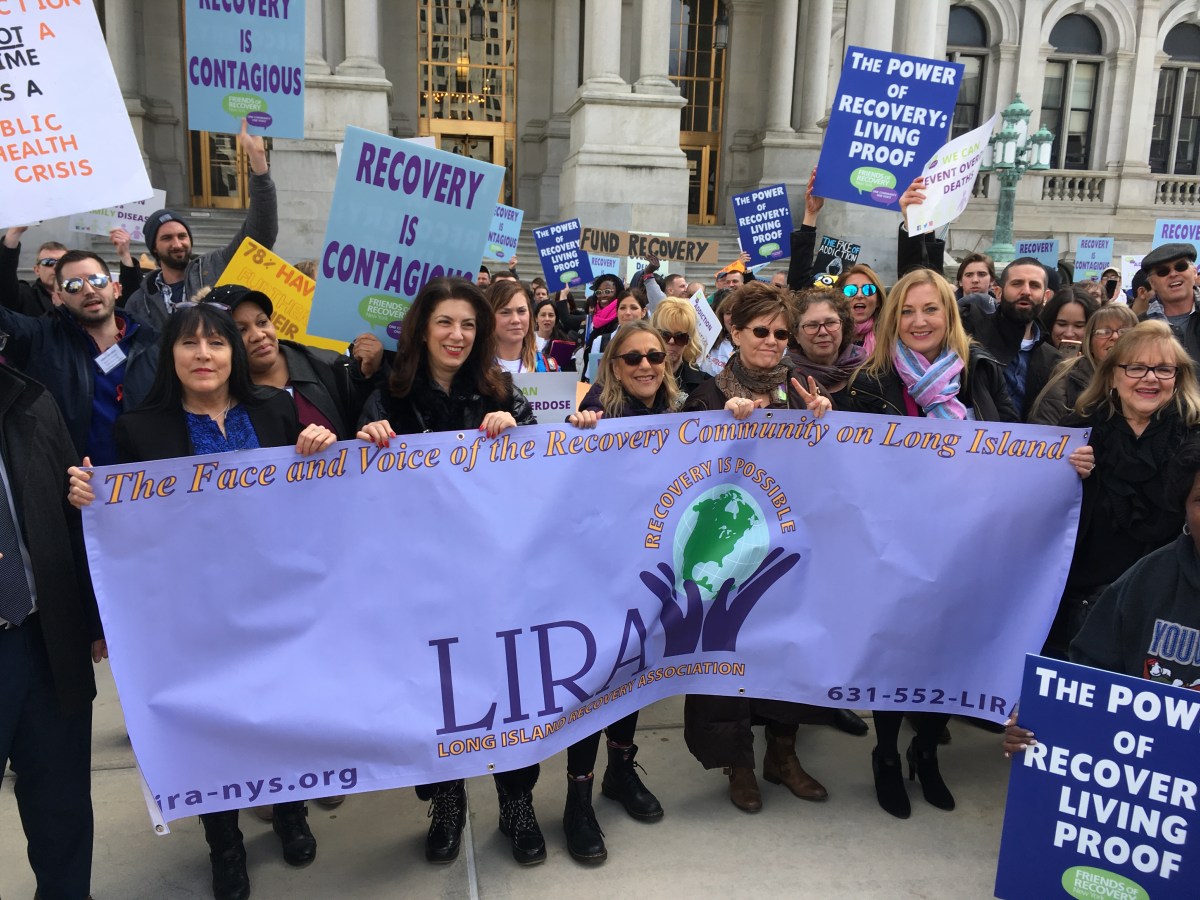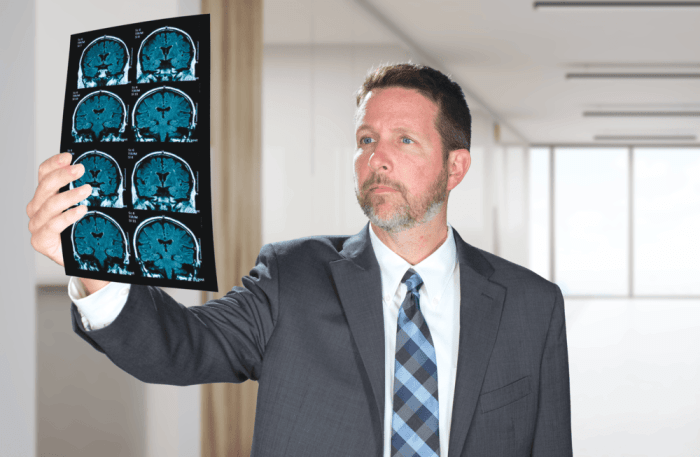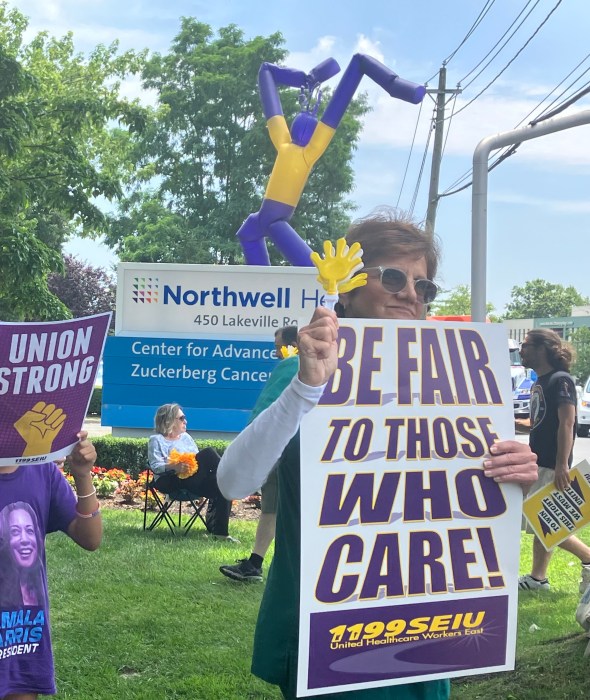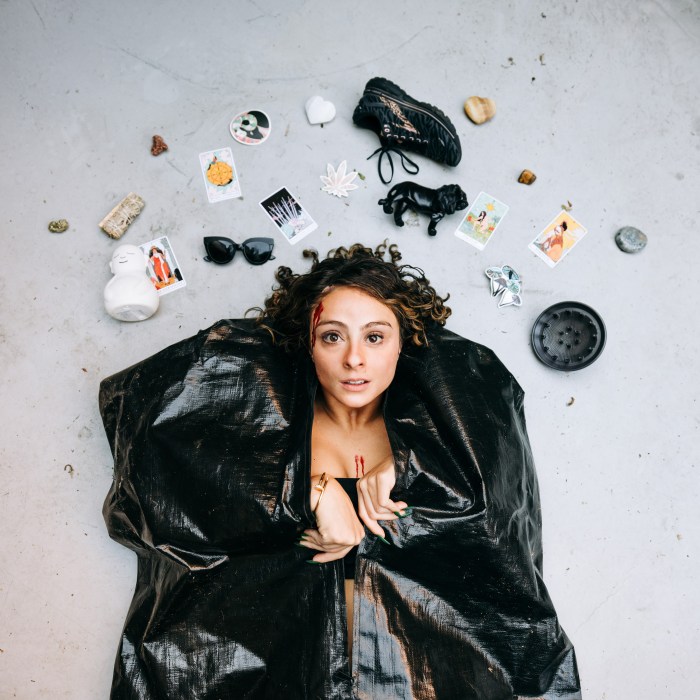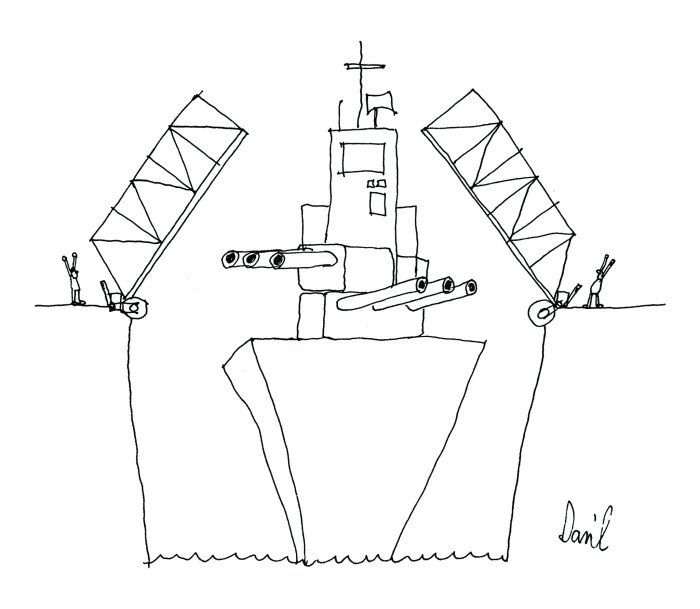People who are struggling to get their child into drug treatment, fighting with insurance companies over fairness of coverage for rehab, or having a negative experience with a so called “sober home” are joining forces with other recovery advocates.
And the movement is exploding. The Long Island Recovery Association (LIRA) is a Hauppauge-based, grassroots recovery community organization. It advocates on behalf of individuals in recovery seeking help for addiction-related illnesses, along with their family and friends. It’s also dedicated to eliminating negative public perception, ending discrimination, and removing barriers to recovery, including those that exist in treatment, housing and employment.
“I saw how difficult it was to find help and how expensive treatment is,” one member who’s the mother of a college student now in recovery said at a recent group meeting. “I’ve met people who had to mortgage their homes and still couldn’t afford treatment. They don’t know where to turn. No one should die because they don’t have enough money for treatment. A lot of our advocacy really does work.”
LIRA was created in January 2000 to give a voice and visible presence to the Long Island recovery community, which until then had primarily remained underground. Each year, the group has organized a trip to Albany to call on state lawmakers to address the addiction crisis in New York State.
While only about two dozen LIRA activists made the first trip to Albany 19 years ago, more than 1,000 advocates are expected to descend upon the state capitol on March 20 to urge passage of bills that would bolster efforts to fight the opioid crisis.
“Today and every day going forward the recovery community has cemented our presence as a constituency of consequence, not only in New York but in communities across the country,” says Richard Buckman, a founding LIRA member and its immediate past president.
This year, LIRA is advocating for certification of recovery homes so that individuals in early recovery are afforded a safe, supportive living environment. The organization is asking the state to fund a recovery outreach center in each county statewide and to establish recovery high schools, which have been shown to dramatically improve recovery outcomes for teens. They want assurances that anyone in need has 24/7 access to detox, treatment, and recovery support services as well as proactive interventions to assist those in crisis after opioid overdose reversal.
They plan to urge Gov. Andrew Cuomo and the state Legislature to continue working to enforce parity laws in New York State and to hold insurance companies accountable so that people seeking help have access to at least 30 days of inpatient treatment. They support lawsuits that hold opioid manufacturers accountable and demand that revenue generated by such lawsuits be earmarked to support prevention, treatment, and recovery. Lastly, they want to educate the public about the power and promise of recovery.
“This is a day we can combine our voices best to be heard,” says a LIRA member in long term recovery. LIRA’s many advocacy victories date back to its first successful campaign in 2000, when members pushed for an act to amend the Insurance Law in relation to family member coverage for the treatment of alcoholism and substance abuse.
More recently, between 2014 and 2016, the group pushed strongly for increased funding to the state Office of Alcoholism and Substance Abuse Services (OASAS) budget, resulting in “millions of additional dollars to support recovery services that provided funding for the opening of the THRIVE recovery center here on Long Island and more than a dozen other centers statewide,” Buckman said.
“The legislature needs to hear us,” says an addiction professional who makes the trip each year. “There’s a huge recovery movement. We show up, we recover, and we vote. We have a voice.”




